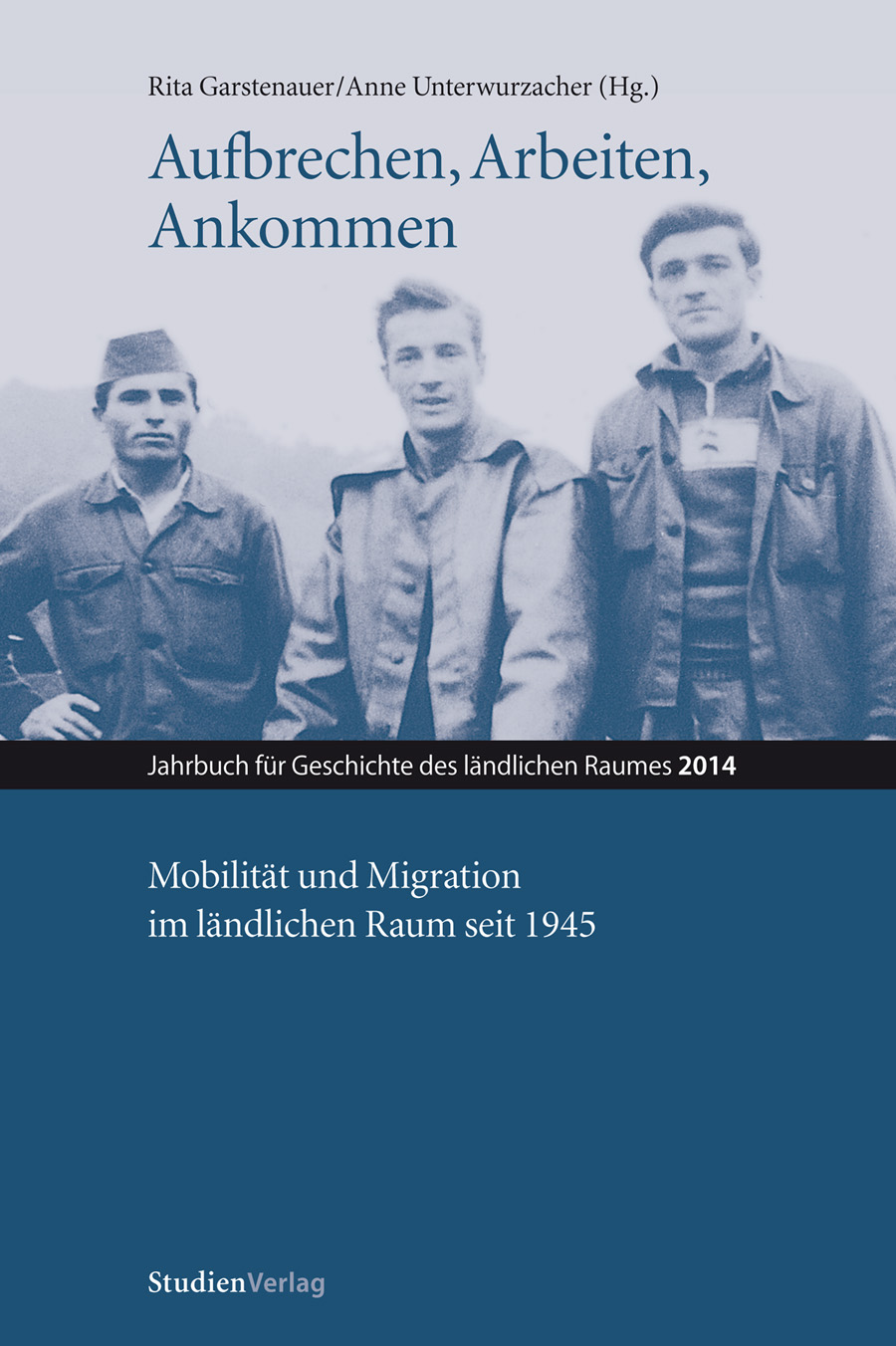Aufbruch als Chance
Steirische Arbeitsmigrationen in die Schweiz 1945–1955
DOI:
https://doi.org/10.25365/rhy-2014-4Abstract
From 1945 to 1955, numerous people left Austria to live and work abroad. In addition to overseas-migration, there existed various different types of temporary labour migration streams within Western Europe. Great Britain, the Netherlands, Switzerland and later on Germany were favourite host-countries of Austrian labour migrants. This article deals with young people from Styria who went to Switzerland, young men and women who left their
homes for a certain amount of time to try their luck and then returned to their region of origin. A great number of them came from agriculturally dominated regions of Styria. These regions in general were economically underdeveloped, lacked infrastructure and were therefore affected by a rural exodus (Landflucht). Thousands of people migrated to surrounding cities, hoping to find better living and working conditions. Those men and women did not flee unemployment, as it is often assumed, but farm labour. The dominance of the agricultural sector in their regions of origin would have forced them to work as farm servants. Farmers were desperately looking for farm workers, thousands of announcements were launched in newspapers. Representatives like the chamber of agriculture constantly demanded policies to stop the movement towards the cities. Reports on Landflucht dominated the media, while all kinds of migrations got subsumed under this title. The migration of those young men and women who went to Switzerland can be understood as countermovement to this trend. Their sojourn in Switzerland functioned as a bridge: They avoided leaving their homes for good and moving to the city, but they decided to work and live abroad for some time in order to return to their rural origins later on. This text discusses the public perception of the migratory movement to Switzerland, questioning its content and impacts by comparing it to the migrants’ self-perception.


